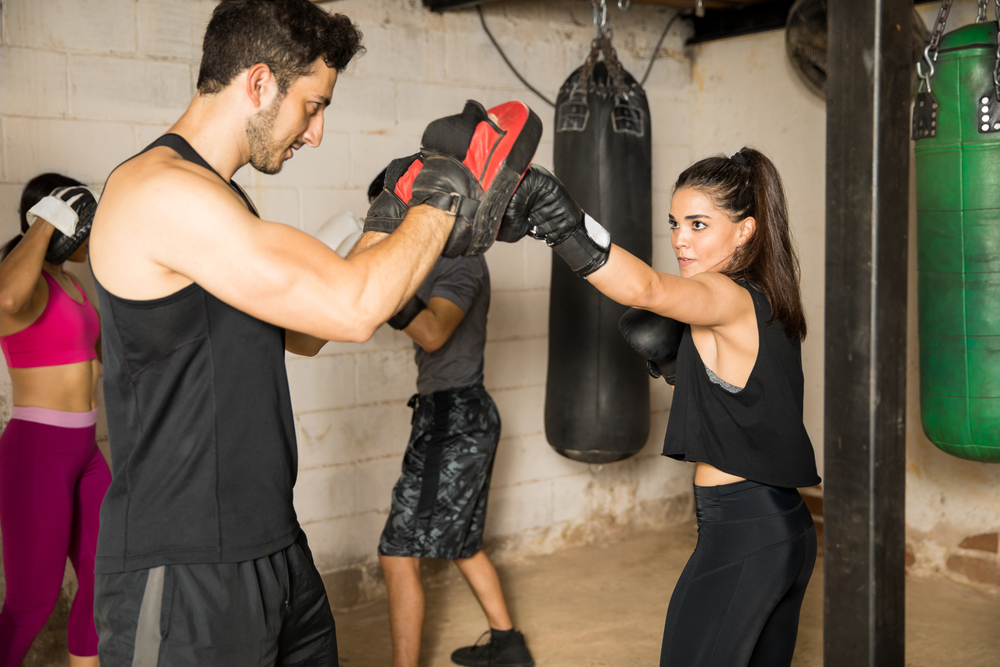Good news for all the aspiring boxers out there – a study in the PM&R revealed that non-contact boxing can help slow down the progression of Parkinson’s disease in its early stages. Not only that, but the study also found that boxing can improve the quality of life and reduce the risk of falls for patients with the condition. So, get your gloves on and start punching your way to a healthier life!
What is Parkinson’s disease?
Parkinson’s disease (PD) is a neurodegenerative disorder that affects the dopamine-producing neurons in the brain. As the disease progresses, patients may experience tremors, rigidity, slowness of movement, and impaired balance. These symptoms can lead to a decreased quality of life and an increased risk of falls.
The study
A team of researchers from the Edith Cowan University in Western Australia conducted a study that involved 10 individuals with PD.
Professional boxer and creator of the Fightmaster boxing unit, a training device specially designed for boxing, Rai Fazio collaborated with the researchers to administer the study.
Participants in the trial, all of whom had early-stage PD, were instructed in the usage of the Fightmaster and then boxed three times per week for a period of 15 weeks. The average age of those involved in the study was 60.
Training sessions were broken down into three parts: “development,” where participants learned the basics of boxing technique; “cardio,” where they worked on their cardiovascular fitness with short bursts of exercise between rest periods; and “brain,” where they were tested on their cognitive abilities by learning and performing unfamiliar punching sequences and memorizing a series of five to nine punches. The 10 participants were assessed before and after the intervention period using various tests to measure their symptoms and quality of life.
The researchers found that nine of the 10 participants showed significant improvements in their symptoms compared to the group who received no intervention. Specifically, they showed improvements in balance, gait speed, and quality of life. They also had a decreased risk of falls.
The researchers believe that the improvements may be due to the fact that the sport involves complex, high-intensity movements that require the use of multiple cognitive and motor systems. This type of training may help to improve neural plasticity, or the brain’s ability to adapt and change in response to new experiences.
Implications for Parkinson’s disease treatment
These findings suggest that non-contact boxing might be the one-two punch that early-stage Parkinson’s disease needs. It could be a great addition to medication and other therapies in a comprehensive treatment plan.
However, the researchers warn that the study was short (only 15 weeks) and the sample size was small, so more research is needed to confirm these findings and see the long-term effects. Still, this study gives us hope and shows that there may be more ways to improve the quality of life for patients with Parkinson’s disease!
Source study: PM&R—Fight-PD: A feasibility study of periodized boxing training for Parkinson’s disease












